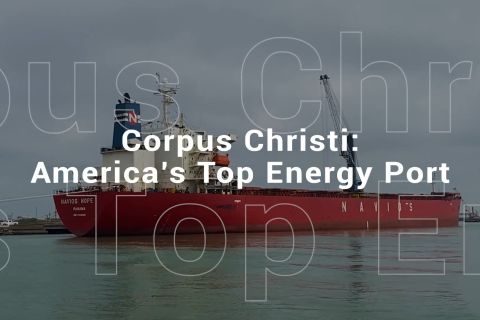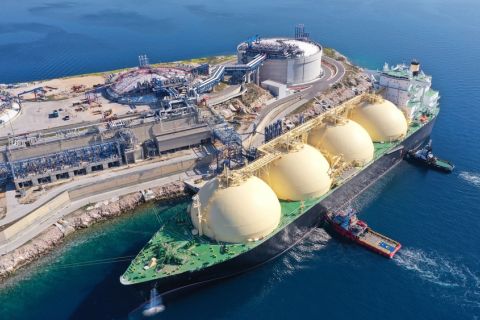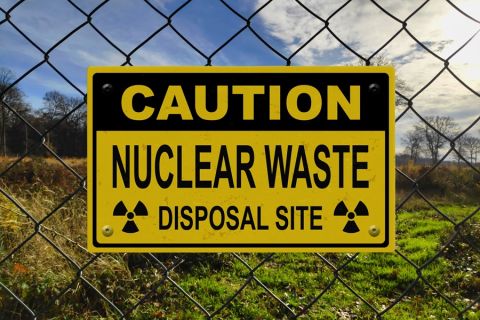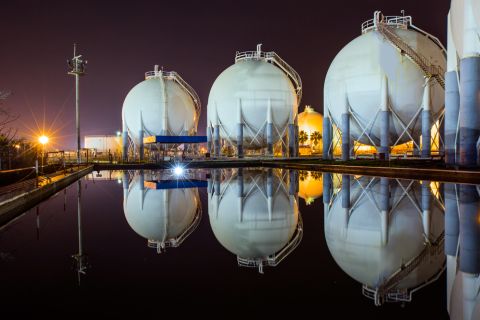The U.S. Energy Department on July 6 approved the export of up to 1 Bcf/d of LNG from a proposed terminal in Oregon, a move it said would ease U.S. sales of the fuel to Asian markets.
The approval advances efforts by President Donald Trump's administration to increase U.S. fossil fuel shipments around the globe at a time big projects are increasingly under strain from environmental protests and lawsuits.
“Today’s export authorization for Jordan Cove, the first U.S West Coast LNG project, will ease access to further position the U.S. as a top supplier of LNG around the world,” Energy Secretary Dan Brouillette said while announcing the approval for the proposed Jordan Cove LNG Terminal in Coos Bay.
The approval will allow Canada’s Pembina Pipeline Corp .to export up to 1.08 Bcf/d, sourced from both Canada and the U.S., by oceangoing vessel to any country with which the United States does not have a free trade agreement.
The Jordan Cove project is expected to start up in 2025, but faces opposition from the state and environmental activists.
The Energy Department had conditionally approved exports from the proposed project in 2014, but Monday's approval secures long-term authorization that could boost confidence among the project's backers.
The Federal Energy Regulatory Commission had authorized the siting, construction, and operation of the project in March, over the objections of the state's governor, Kate Brown, who opposes it on environmental and safety grounds. Her office could not immediately be reached for comment.
Recommended Reading
CEO: Linde Not Affected by Latest US Green Subsidies Package Updates
2024-02-07 - Linde CEO Sanjiv Lamba on Feb. 6 said recent updates to U.S. Inflation Reduction Act subsidies for clean energy projects will not affect the company's current projects in the United States.
Global Energy Watch: Corpus Christi Earns Designation as America's Top Energy Port
2024-02-06 - The Port of Corpus Christi began operations in 1926. Strategically located near major Texas oil and gas production, the port is now the U.S.’ largest energy export gateway, with the Permian Basin in particular a key beneficiary.
The Problem with the Pause: US LNG Trade Gets Political
2024-02-13 - Industry leaders worry that the DOE’s suspension of approvals for LNG projects will persuade global customers to seek other suppliers, wreaking havoc on energy security.
BWX Technologies Awarded $45B Contract to Manage Radioactive Cleanup
2024-03-05 - The U.S. Department of Energy’s Office of Environmental Management awarded nuclear technologies company BWX Technologies Inc. a contract worth up to $45 billion for environmental management at the Hanford Site.
Belcher: Our Leaders Should Embrace, Not Vilify, Certified Natural Gas
2024-03-18 - Recognition gained through gas certification verified by third-party auditors has led natural gas producers and midstream companies to voluntarily comply and often exceed compliance with regulatory requirements, including the EPA methane rule.




